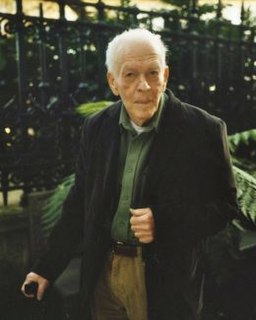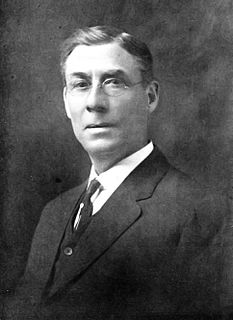A Quote by Harold Rosenberg
No degree of dullness can safeguard a work against the determination of critics to find it fascinating.
Quote Topics
Related Quotes
The No. 1 quote critics give me is, 'Thom, your work is irrelevant.' Now, that's a fascinating, fascinating comment. Yes, irrelevant to the little subculture, this microculture, of modern art. But here's the point: My art is relevant because it's relevant to 10 million people. That makes me the most relevant artist in this culture.
It will be remembered, that a frequent recurrence to fundamental principles is solemnly enjoined by most of the state constitutions, and particularly by our own, as a necessary safeguard against the danger of degeneracy, to which republics are liable, as well as other governments, though in a less degree than others.






































